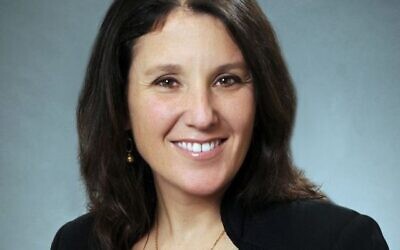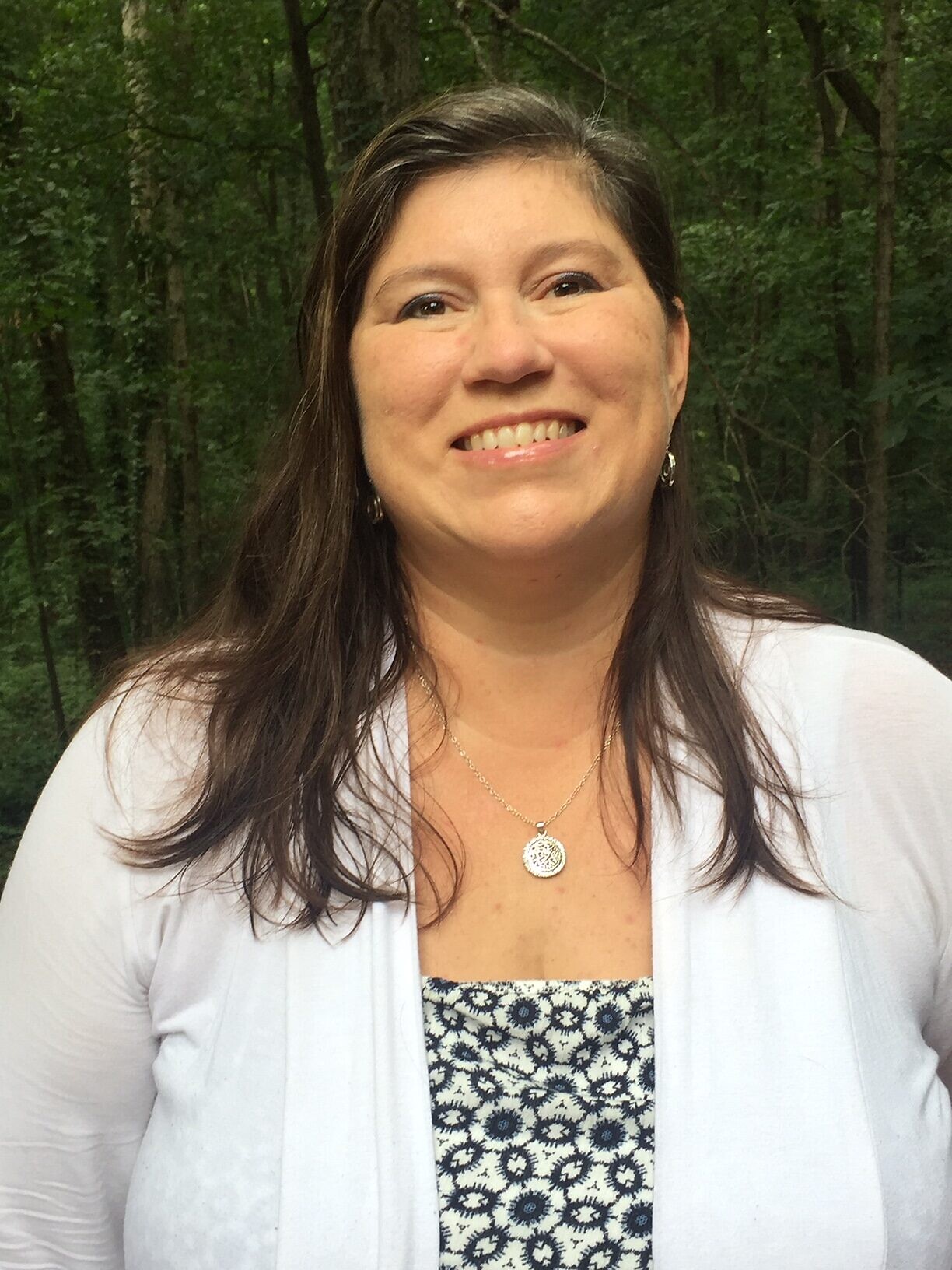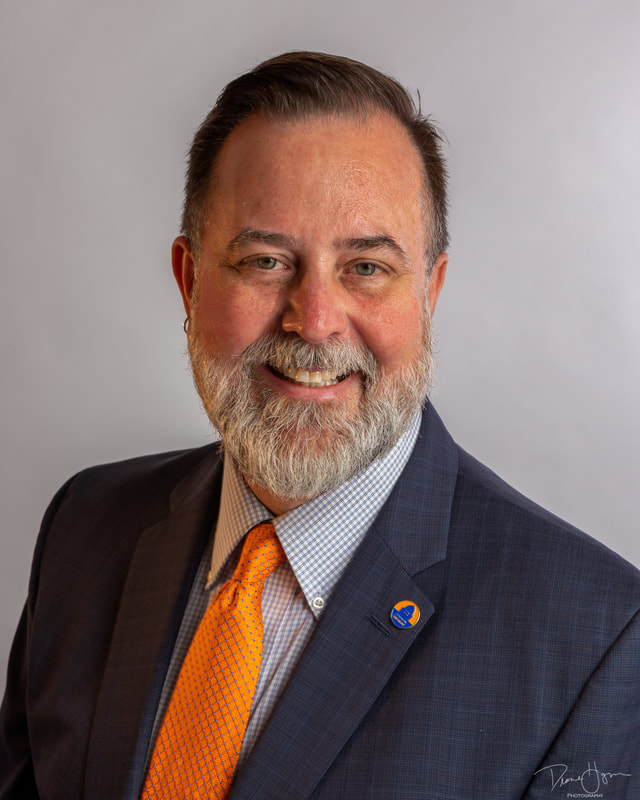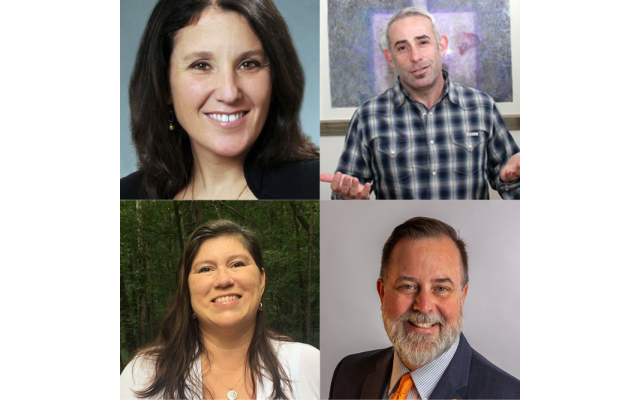New Bill Could Affect Jewish Adoptions
Under proposed Georgia Senate bill, adoption and foster care agencies could reject prospective Jewish and other minority couples while receiving government funding.
“Jews need not apply.” That was the message from South Carolina’s largest foster care agency, Greenville-based Miracle Hill Ministries, which received government funding despite refusing to serve people based on religious beliefs or sexual orientation. Under proposed Georgia Senate bill 368, adoption and foster care agencies in this state could also reject prospective Jewish and other minority couples while receiving government funding.
The proposed legislation has outraged many in the Atlanta community.
“It is shocking that the state of Georgia is considering a bill that openly sanctions discrimination against Jews, LGBTQ people and others,” stated Allison Padilla-Goodman, vice president of the Southern division of the Anti-Defamation League. “Allowing a taxpayer-funded child placement agency to discriminate is outrageous. No child should be denied a loving foster or adoptive home simply because of a prospective parent’s religion, sexual orientation or identity. We urge the state legislature to not pass the bill.”

According to the ADL, under this proposed bill, any state-licensed agency could deny the placement of children into loving and stable homes free of abuse and deprivations based on its religious or moral objection to an otherwise qualified applicant because of the person’s sexual orientation, gender identity, faith, religious beliefs or other personal characteristics.
“We’ve seen these religious freedom cases across the nation with other issues like baking a wedding cake [for same-sex marriages] or allowing employers to discriminate to ‘protect’ religion,” Padilla-Goodman said. “Adoption should not be a religious freedom issue. These groups are attacking with religion rather than protecting religion and they’re getting more creative.”

Leslie Anderson, executive director of the Jewish Community Relations Council of Atlanta, says the proposed legislation goes against Jewish values. “The Torah states that we need to help the widow and orphan,” she said. But she also pointed out that the language in the legislation is “overly broad and could allow for all kinds of discrimination based on religion. This would give religious groups carte blanche to do what they want, without any opportunity for remedy.”
Anderson suggests that, based on previous religious liberty proposals in the state, she doesn’t expect this one to pass the Georgia General Assembly. But Rabbi Joshua Lesser of Congregation Bet Haverim states clearly, “We should act as if it would.” And he believes that this kind of legislation “will need a physical presence at the Capitol. These kinds of hate-based legislation bring out their supporters. If we don’t show up,” he said, it will look like it’s not important to the community.
Unfortunately, Lesser said that the pattern in the Jewish community is to expect the rabbis and organizational executive directors to fight the legislation. “In the Christian community, the laypeople are very comfortable showing up en masse.” He added that he doesn’t think the Jewish community fully understands how the legislation will affect Jews, “while the gay community has understood for a long time.”
Lesser said that anti-Semitism in this country hasn’t come through the legislative level, but rather the social level, so the Jewish community doesn’t understand the threat. “While people feel more empowered to speak out directly against gays, Christian triumphalism is more directed at Jews,” he said. “Jews will be affected even if they’re not targeted through the language, but the legislation is against anyone who is not Christian.” That’s why Lesser believes that the Jewish community needs to form coalitions with the Hindu and Muslim communities to fight the legislation.

And, he adds that this is clearly a civil rights issue. “The idea that certain segments of society can discriminate because of religion or sexual orientation is fundamentally un-American.”
Jeff Graham, executive director of Georgia Equality, Inc., goes so far as to warn that the language of the bill is “written so broadly that faith-based agencies could even refuse to place a child” who is a minority or is part of the LGBTQ community. Created to support gay, lesbian, bisexual and transgender communities in Georgia, Georgia Equality contends that “lawmakers are playing politics with the lives of the 12,000+ children waiting for loving homes in Georgia’s adoption and foster care system, all because some extremists want to discriminate against LGBTQ people.”
According to Georgia Equality, research shows that same-sex couples are four times more likely than opposite-sex couples to be raising adopted children and six times more likely to be raising foster children.

Graham told the AJT that while the people behind the legislation are the same evangelical groups who have opposed same-sex marriages and have proposed other “religious liberty” bills, they are putting the state on a slippery slope. “A lot of people are surprised that Georgia is one of the few states that don’t have non-discrimination statutes,” he said.
Ultimately, Padilla-Goodman said, this legislation is “immoral. Who can say which parents can love a child? The Jewish community should be very concerned. It’s safe to say that, if passed, this legislation will greatly disfavor Jewish parents. With heightened anti-Semitism, this is not the time to further divide the country.” She added that “anybody could be affected. This is our collective issue, which could affect atheist families, Muslim families, interreligious families as well as gay families.”




comments